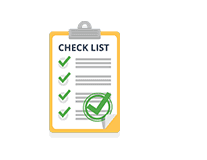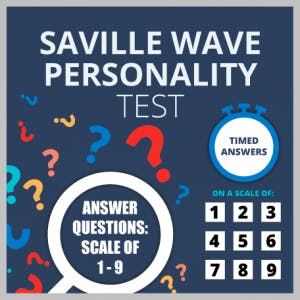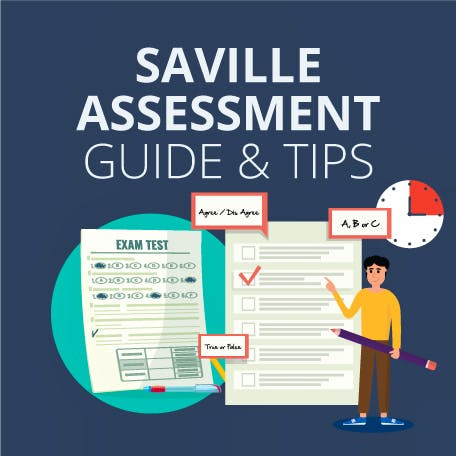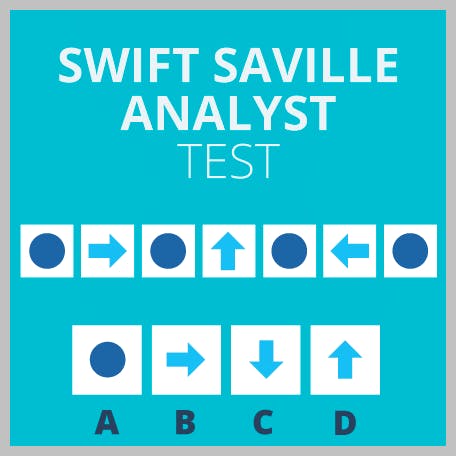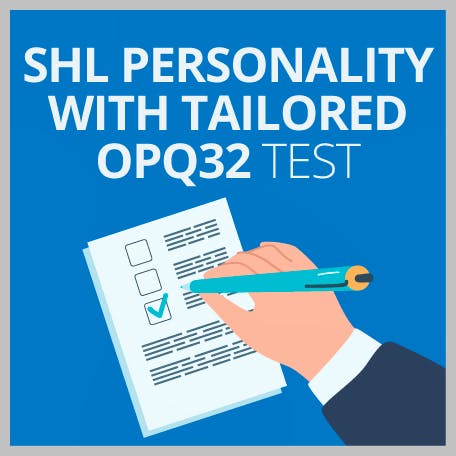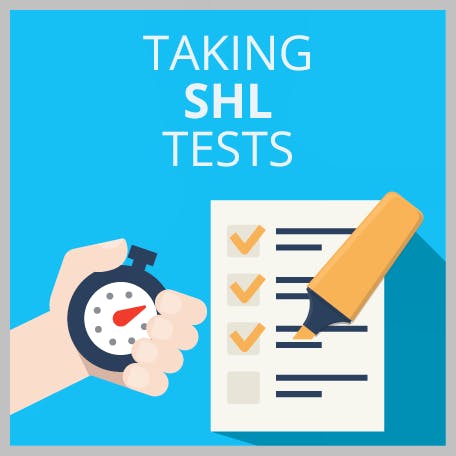A Guide to the Saville Assessment (& Tips)
Updated May 31, 2024
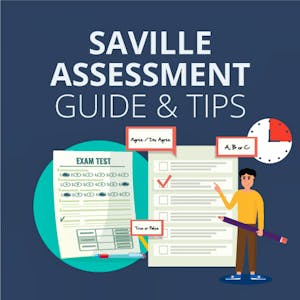
- A List of Saville Assessments Available for Practice in 2025
- What Is the Saville Assessment?
- What Does the Saville Assessment Assess?
empty
empty
empty
empty
empty
empty
empty
empty
empty
- Saville Assessment Example Questions
empty
empty
empty
empty
empty
empty
empty
empty
empty
- Single Versus Swift Assessment
- How to Prepare for the Saville Assessment
- Frequently Asked Questions
- Final Thoughts

The Saville assessments are used worldwide by companies during the recruitment process to assess a candidate’s suitability for a given role.
This series of tests measures numerical, verbal, spatial and abstract reasoning. You may also be assigned a situational judgement test and a personality questionnaire. Some roles may even require a mechanical reasoning test.
What Is the Saville Assessment?
The Saville assessment is a pre-employment test created by the recruitment and selection consulting company Saville Assessment.
The test comes in several versions and lengths, making it hard to predict.
As Saville is an international publisher, this assessment is used in 80 countries and by companies such as:
- British Airways
- Deloitte
- easyJet
- Ernst and Young
- Fujitsu
- J.P. Morgan
- Jaguar
- Met Police
- Nestle
The version you receive depends on either the requirements of the employer or the job role.
Some versions are for management and executive levels, while others are better suited for administrative positions. There are also tests specifically for engineering and technical roles.
The Saville assessments are difficult and have complex questions and short time limits.
These tests can be used on their own, or as part of a wider Swift assessment.
They can also be as short as six and a half minutes, or 35 minutes or longer.
All Saville assessment questions are multiple-choice and in some cases, you may have to visit an assessment centre to resit your test to verify your initial result.
Due to the complexity of this assessment, you should prepare as much as possible before taking your test. Pre-employment tests do not come with the option of a resit, and only the top performers will progress to the next stage.
To help you better prepare, this article will explain the format of the test with example questions and Saville assessment tips to help you pass.
What Does the Saville Assessment Assess?
There are several things that a Saville aptitude test can assess.
The most common are highlighted below:
Personality
The Wave Personality Questionnaire is a candidate profiling test that measures how well suited to a role or company culture an applicant is.
The Wave Personality Test comes in two formats:
- Wave Focus Style
- Wave Professional Style
Both assess motivations, preferred company culture, strengths and weaknesses.
The Focus Style questionnaire lasts around 13 minutes and is used for lower-level roles.
The Professional Style is 40 minutes and designed for graduate and executive recruitment.
Numerical Reasoning
Lasting 24 minutes, the Saville numerical reasoning test measures how well you form fact-based conclusions from a series of statistical information using a variety of mathematical skills.
Verbal Reasoning
This test assesses how well you read and interpret information from a paragraph or passage of text.
It lasts 24 minutes.
Diagrammatic Reasoning
This measures your ability to identify the diagrams that match the operator (input, output and processes) actions and outcomes.
All questions are multiple-choice and you have 24 minutes to answer.
Mechanical Reasoning
This is designed only for roles requiring this type of knowledge such as engineers. It measures your understanding of physics principles and theories.
The assessment lasts 16 minutes.
Abstract Reasoning
Saville abstract reasoning tests measure logical thinking, such as identifying rules in a pattern and finding the missing pieces.
The test lasts 16 minutes and speed as well as accuracy is required to pass.
Error Checking Aptitude
This test measures how quickly and accurately you find errors in numerical, verbal and coding information.
Similar to abstract reasoning, speed and accuracy are essential. You have six minutes to answer.
Workplace English
This 16.5-minute test assesses how quickly you identify the missing word or phrase from workplace conversations and scenarios.
Situational Judgement
The situational judgement test measures your response to realistic workplace situations.
This test varies between employers but you typically have less than 30 minutes to complete the questions.
Saville Assessment Example Questions
The following nine Saville Assessment examples are designed to give you an idea of the question format. They are not past questions, nor will they appear on your Saville assessment aptitude test.
Personality Questionnaire Example Question
From the following statements decide how much you agree or disagree.
Strongly Agree | Agree | Unsure | Disagree | Strongly Disagree
- I am always optimistic
- I struggle to constantly come up with new ideas
- I love using new technologies
- I am able to empathise with others easily
| Brand | 2019 Income | 2020 Income | 2021 Income |
|---|---|---|---|
| A | £25 million | £15 million | £22 million |
| X | £10 million | £8 million | £11 million |
| M | £65 million | £43 million | £56 million |
Using the table above, which company was affected the most by the pandemic?
a) X
b) A
c) M
Read the text below and answer the following question.
Following updates from multiple aviation authorities, lithium and rechargeable batteries are no longer allowed in checked-in baggage. All devices, such as laptops, e-cigarettes and any additional batteries must be kept in hand luggage.
Is the following statement true or false?
Airlines are no longer accepting any device that requires a battery.
a) True
b) False
c) Not enough information
Using the operations below, identify the outcome.
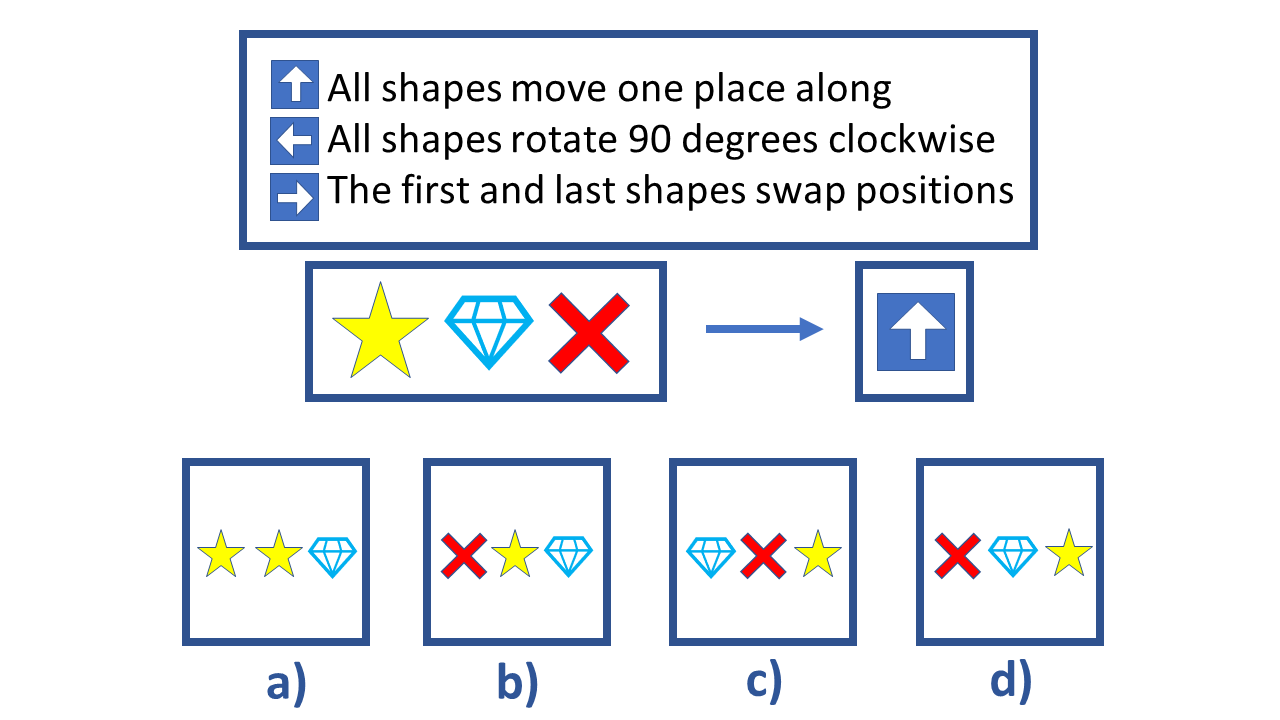
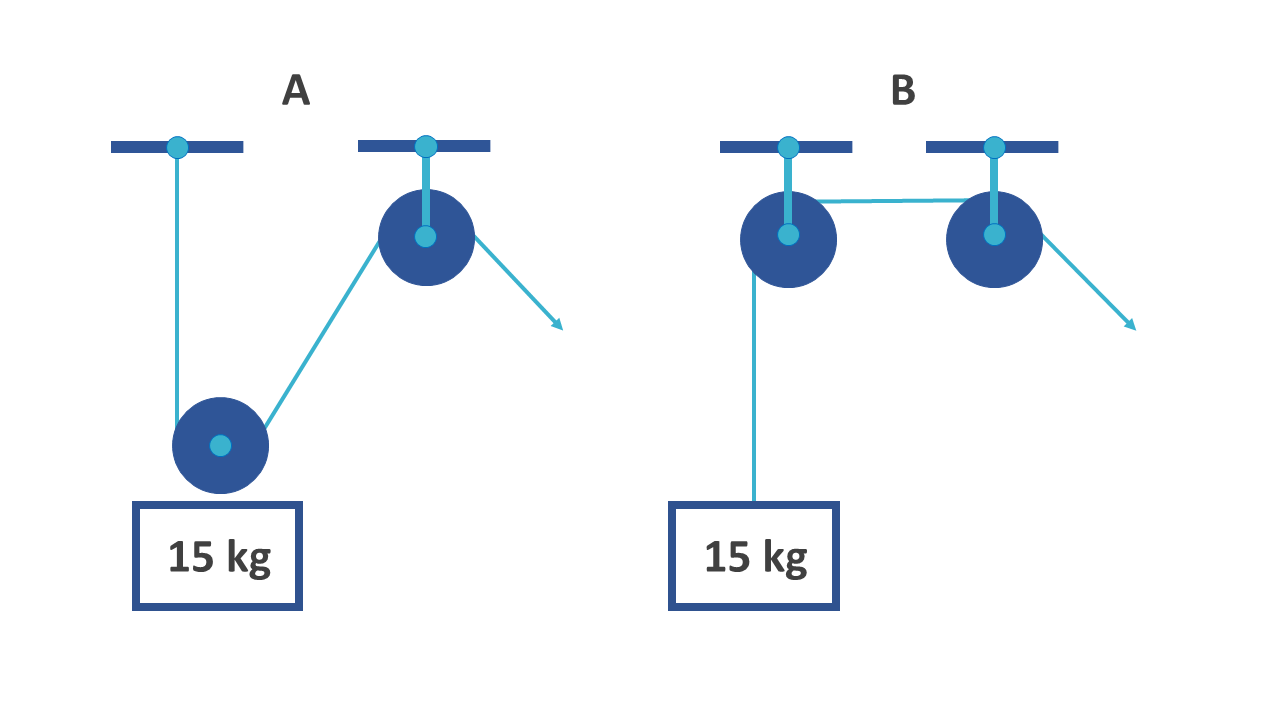
Which weight requires the most force to move?
a) A
b) B
c) Both use the same force
Which one comes next?
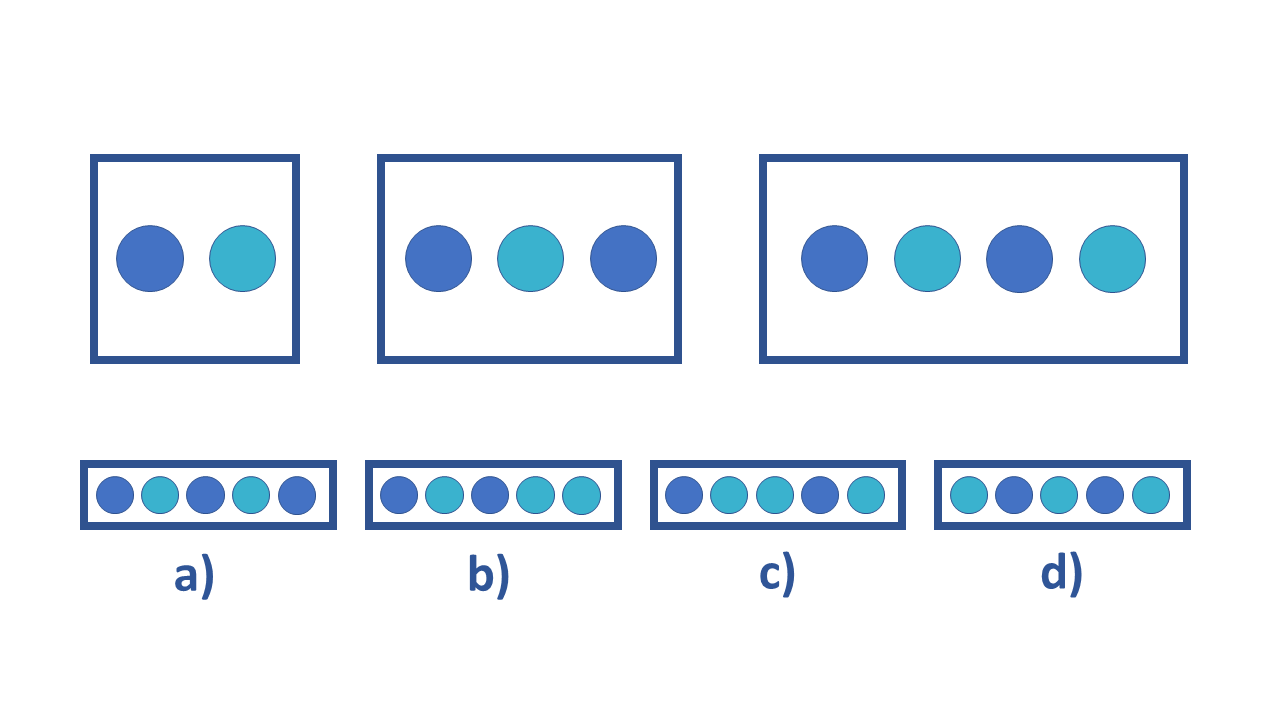
How many errors are in the exported list?
| Original | Exported |
|---|---|
| XTRPER6 | XTRPER6 |
| 123BGHY | 122BGHY |
| FOX456 | FOX465 |
| PIOLW2 | POILW2 |
| VGHT890 | VGHI890 |
Choose the word that fits in this sentence.
'All employees must _________ their work hours in the correct spreadsheet.'
a) Forget
b) Record
c) Make-up
d) Extend
You have relocated to the accounting department as part of your training programme. Your training facilitator has told you that the accounting manager will run through your project, introduce you to the rest of the team and help you get set up.
On your first day, you introduce yourself to the accounting manager and ask them what your project is. The manager snaps at you and asks why you don’t already have your project. You explain your training facilitator said they were the ones responsible and that all the previous managers had followed that procedure.
The accounting manager snaps back that it's not their responsibility and graduate training isn’t done that way.
Out of the following options, what are you least likely or most likely to do?
a) Go straight to your training facilitator and explain the situation. Perhaps the accounting manager forgot the procedure had changed.
Least likely | Most likely
b) Read through your graduate training programme guide to see if you can find any project details. Maybe you can get started by yourself.
Least likely | Most likely
c) Ask your training facilitator to come to the accounting department and explain the situation with the manager present. The manager messed up and you want to make sure they know that.
Least likely | Most likely
d) Ask the graduates who already completed the accounting rotation if they experienced the same and if every project is the same. At least then you can get on with something and perhaps your facilitator will see this as resourceful and proactive.
Least likely | Most likely
Single Versus Swift Assessment
There are two different versions of the Saville assessment.
- Single assessment
- Swift assessment
The Single assessment is when an employer utilises just a single test against the employee. The tests are often longer, with each one lasting around 24 minutes.
The Single assessments are predominantly used in assessment centres for high-level recruitment, such as graduate programmes.
The Swift assessment is when there are multiple assessments used by the employer. This could be a personality test with a verbal or numerical test.
It is much shorter, less than 20 minutes, and has around eight questions for each section.
The Swift Assessment is only available online and is often used in the early stages of recruitment to filter out the bulk of the applicants.
Your recruiter will let you know what tests you are taking.
How to Prepare for the Saville Assessment
The Saville assessment aptitude test is one of the hardest to prepare for. There are so many test options. If you don’t know which skills are being tested, it can be difficult and time-consuming to prepare for all the tests.
However, there are several Saville assessment tips to help you feel better prepared.
Step 1. Complete Paid For or Free Saville Assessment Practice Tests
There are lots of aptitude practice tests on websites such as WikiJob and TestHQ.
There are practice questions specifically for the Saville assessment test. But any aptitude test that assesses numerical, verbal, situational judgement and spatial awareness skills will help you understand the question format.
Step 2. Prepare Under Time Constraints
You know you have about 24 minutes to answer 32 questions.
This is where Saville practice tests and other aptitude tests come in handy. Begin answering in your own time. As you become more familiar with the questions, add time limits. Keep reducing that time until you are able to answer all the questions within 24 minutes.
Step 3. Develop Your Skills
If there are areas you struggle with, such as reading charts or analysing information, make it a habit to practise these skills every day.
Brain games and puzzles are also excellent for improving your cognitive abilities.
Step 4. Take Care of Yourself
To perform at your best in any task in life you need to be well rested, well hydrated, eat plenty of healthy foods and exercise regularly.
To help you perform at your best during the recruitment process, get a good night's sleep and eat a nutritional meal before sitting any test or attending any interview.
Step 5. Book Your Test for a Time That Suits You
The benefit of taking the tests remotely and online is that you get to pick a time and place that benefits you.
If you are someone who does not fully wake up until late morning, book your test for after lunch.
If you sleep late and are more alert in the evenings, take the Saville aptitude test then.
Equally, if you have children or loud distractions, book the test for when they will be out of the home or asleep.
Step 6. Read the Question Properly
With such a small time frame it's tempting to skim over the question or guess what it's asking. Don’t.
Take an extra couple of seconds to read the question properly.
Step 7. Ask Before Taking the Test
Ask your recruiter what tests you’ll be taking and if you will be negatively scored.
Knowing as much as you can beforehand will help with your preparation as you then won’t spend time developing skills you’re not being assessed for.
You can prepare for your Saville Assessment anywhere by completing online practice aptitude tests, especially numerical, verbal, SJ and spatial reasoning tests. Playing brain games and puzzles will also help with your preparation. You can also find Saville Assessment practice tests online.
The Saville Assessment is used worldwide by companies such as British Airways, Mercedes-Benz, Johnson & Johnson, Deloitte, Unilever, easyJet, NHS and Dyson.
There is no definitive answer for the length of the Saville Assessment. It very much depends on if you are taking the Single Assessment or Swift Assessment. The latter takes less than 20 minutes to complete.
Each of the single assessments takes between six and 24 minutes. Your test length will depend on what ones and how many you need to complete.
Yes, the Saville Assessments are designed to be difficult. Although every test type is different, there are on average 32 questions to answer in 24 minutes. The questions are also harder for more specialised and higher-level positions.
However, if you are a suitable candidate, you shouldn’t struggle too much with the questions.
There are 32 questions on the 24-minute papers.
The Saville Assessment is designed to find the best possible person for the job role being recruited for. It helps filter out those who lack the essential skills necessary for the role and pinpoints candidates who might thrive in that working environment.
Example questions are available on any website that offers practice aptitude tests. The best ones are TestHQ and WikiJob.
Your results are given immediately after completing the test. Your recruiter will also receive the results at the same time.
There is no standardised score for the Saville Assessment as each test type has different score criteria and each company has different requirements.
There are also some companies that use negative scoring. Speed and accuracy may also impact your overall score.
As a rule, aim to score at least 80% or more to be in with a chance of progressing to the next stage.
As the Saville Assessment is part of the recruitment process, there are no opportunities to resit, except for extenuating circumstances.
Practice guides are available online on websites such as TestHQ and WikiJob.
Final Thoughts
The Saville assessment is a random set of tests used by big brands and companies during a recruitment process and for numerous positions, from entry-level and graduate to management and executive.
You can be assigned one stand-alone test or numerous tests.
As they are designed to find the best candidates, these tests are meant to be challenging. However, if you are well suited for that role, then the tests shouldn’t be too difficult.
With the right preparation, you can achieve the best score possible and progress to the next stage.









